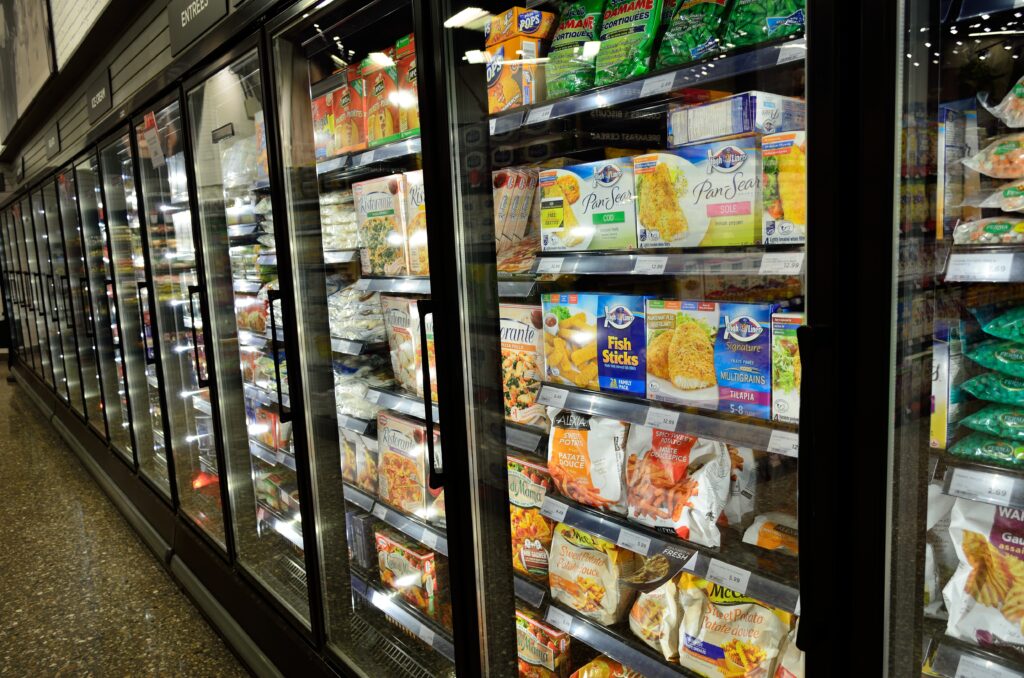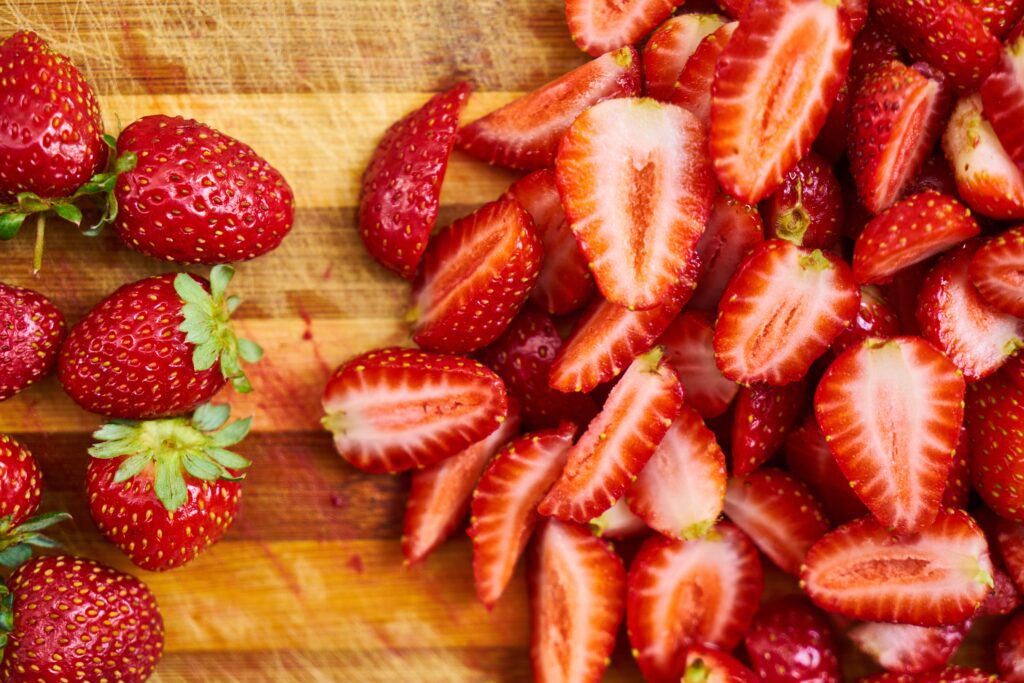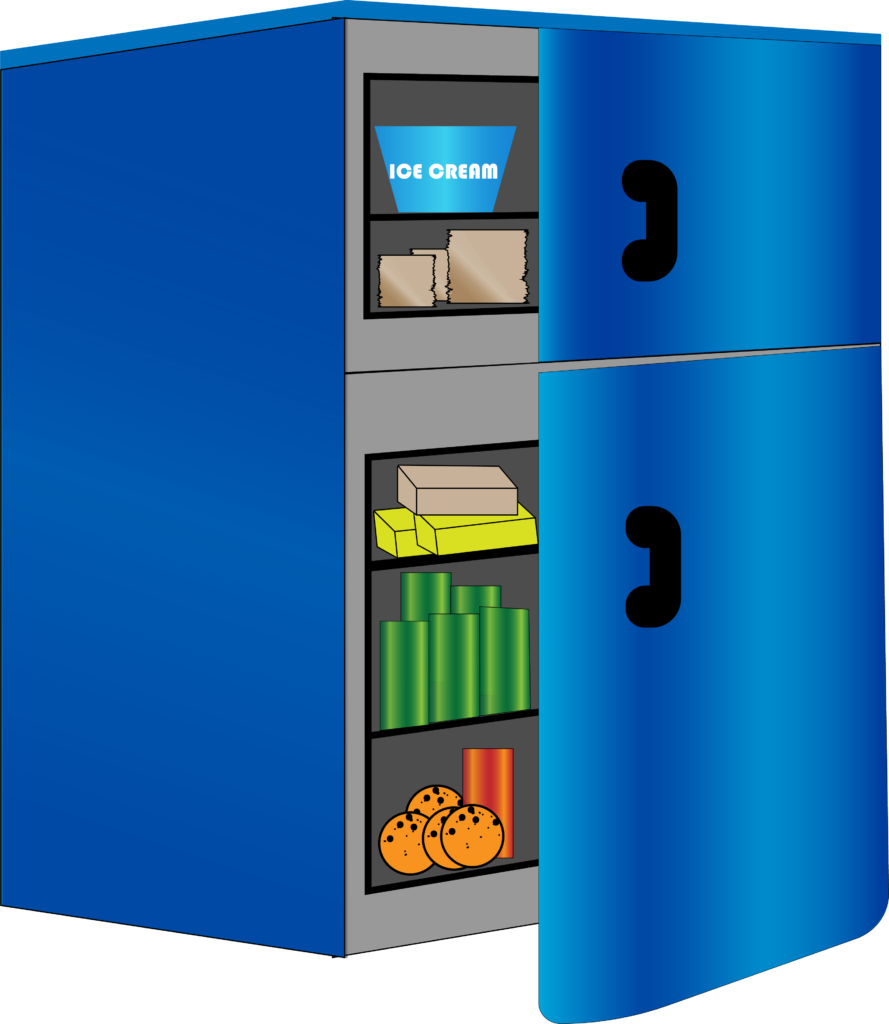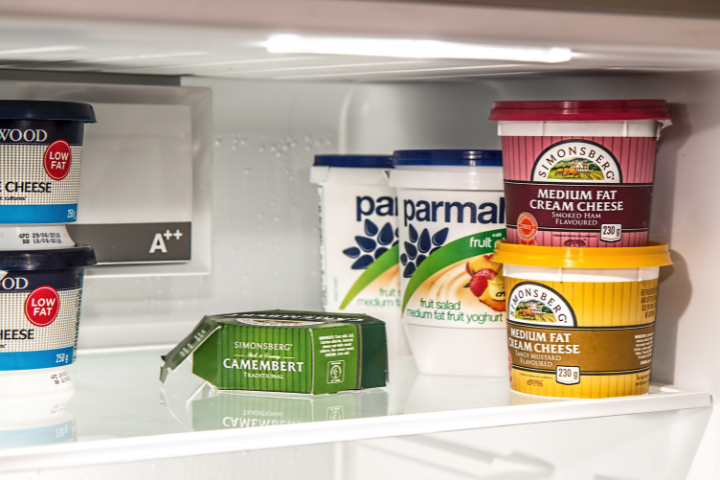Ultimate Guide to Freezing Fresh Dog Food Benefits and Tips.
As more pet owners seek to provide their dogs with high-quality, nutritious meals, fresh pet dog food has become increasingly popular. These fresh meals, often made from whole, human-grade ingredients, offer numerous health benefits for our furry friends. However, one common question arises: Can you freeze fresh pet dog food? The answer is yes, and this guide will walk you through the benefits, tips, and best practices for freezing fresh pet dog food to ensure your pet gets the best nutrition possible. Ultimate Guide to Freezing Fresh Dog Food Benefits and Tips.
Table of Contents
Why Freeze Fresh Pet Dog Food?

Freezing fresh pet dog food is an excellent way to preserve its nutritional value and extend its shelf life. Here are some key benefits:
- Preservation of Nutrients: Freezing helps lock in essential vitamins and minerals that can degrade over time when food is stored at room temperature.
- Convenience: Preparing and freezing large batches of fresh dog food can save time and effort, making meal prep easier for busy pet owners.
- Cost-Effective: Buying ingredients in bulk and freezing the prepared food can be more economical than purchasing small quantities frequently.
- Reduction of Waste: Freezing prevents the spoilage of fresh food, reducing waste and ensuring that your investment in quality ingredients doesn’t go to waste.
Tips for Freezing Fresh Pet Dog Food:

To ensure your dog’s meals remain nutritious and safe, follow these tips when freezing fresh pet dog food:
1. Use Airtight Containers:
Choose high-quality, airtight containers or freezer bags to store the food. This prevents freezer burn and keeps the food fresh. Portion the food into meal-sized servings to make thawing and feeding more convenient. Ultimate Guide to Freezing Fresh Dog Food Benefits and Tips.
2. Label and Date the Containers:
Always label the containers with the contents and the date they were frozen. This practice helps you keep track of how long the food has been stored and ensures you use the oldest batches first, maintaining a rotation system. Ultimate Guide to Freezing Fresh Dog Food Benefits and Tips.
3. Freeze Quickly:
To preserve the maximum amount of nutrients, freeze the fresh dog food as soon as possible after preparation. Rapid freezing minimizes the formation of ice crystals, which can damage the food’s texture and nutritional quality. Ultimate Guide to Freezing Fresh Dog Food Benefits and Tips.
4. Thaw Properly:
Thaw the food in the refrigerator overnight before feeding. This method is safer and helps retain the food’s nutritional value. Avoid using microwaves to thaw pet food, as this can create hot spots and degrade nutrients. Ultimate Guide to Freezing Fresh Dog Food Benefits and Tips.
Best Practices for Preparing Fresh Dog Food for Freezing:

1. Choose High-Quality Ingredients:
Select fresh, human-grade ingredients that are safe for dogs. This includes lean meats, vegetables, and grains. Avoid ingredients that are toxic to dogs, such as onions, garlic, and certain spices. Ultimate Guide to Freezing Fresh Dog Food Benefits and Tips.
2. Balance the Diet:
Ensure the homemade dog food is nutritionally balanced. Dogs require a specific balance of proteins, fats, carbohydrates, vitamins, and minerals. Consulting with a veterinarian or a pet nutritionist can help you create a balanced diet plan for your dog. Ultimate Guide to Freezing Fresh Dog Food Benefits and Tips.
3. Cook Thoroughly:
Cook all ingredients thoroughly before freezing. This step is crucial for eliminating any harmful bacteria that could pose a health risk to your dog. Ultimate Guide to Freezing Fresh Dog Food Benefits and Tips.
4. Cool Before Freezing:
Allow the food to cool completely before placing it in the freezer. This step prevents condensation inside the containers, which can lead to freezer burn and reduced food quality. Ultimate Guide to Freezing Fresh Dog Food Benefits and Tips.
How Long Can You Freeze Fresh Pet Dog Food?

Fresh pet dog food can typically be stored in the freezer for up to three months without significant loss of quality. After this period, the food may begin to lose its nutritional value and taste. Always check the food for signs of freezer burn or spoilage before feeding it to your dog.
Conclusion:

Freezing fresh pet dog food is a practical and effective way to provide your pet with nutritious meals while saving time and reducing waste. By following the tips and best practices outlined in this guide, you can ensure your dog enjoys the health benefits of fresh food, even when it’s been stored in the freezer. Remember, always prioritize the quality of ingredients and proper storage methods to keep your furry friend happy and healthy.

